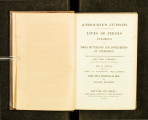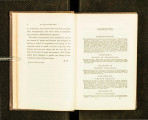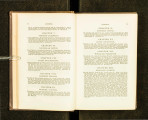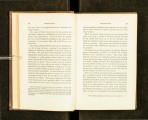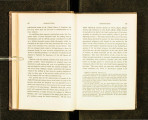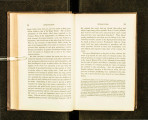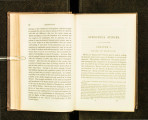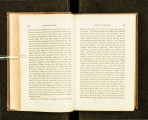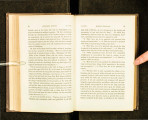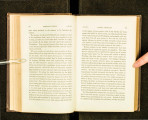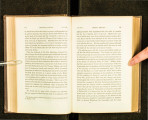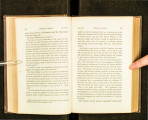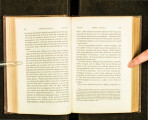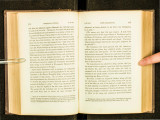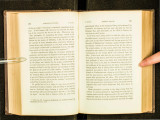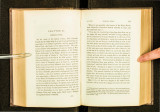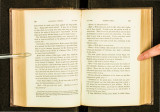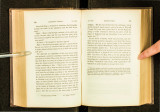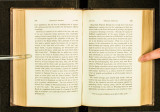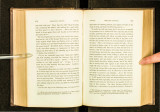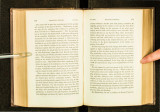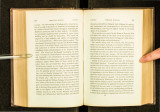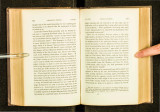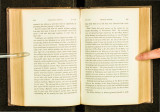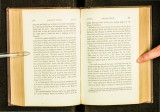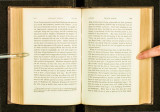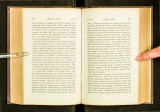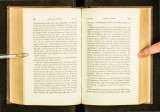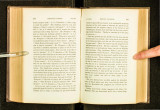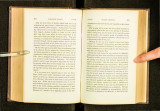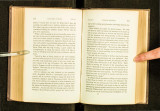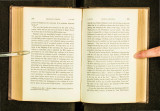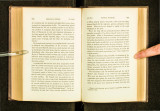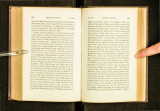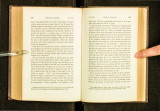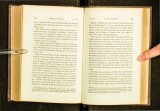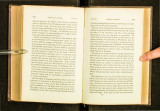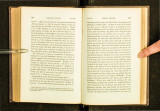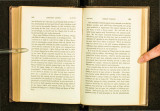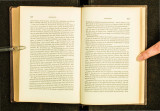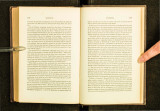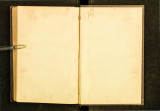| Title |
Atrocious Judges: Lives of Judges Infamous as... |
| Call Number |
KD7286.J8 C36 1856; Record ID 9918215890102001 |
| Date |
1856 |
| Description |
Campbell, Baron John (1779-1861). Atrocious Judges: Lives of Judges Infamous as...New York and Auburn: Miller, Orton & Mulligan, 1856 First edition KD7286 J8 C36 1856 |
| Creator |
Campbell, John Campbell, Baron, 1779-1861 |
| Publisher |
Digitized by J. Willard Marriott Library, University of Utah |
| Subject |
Biography; Campbell, John Campbell, Baron (1779-1861); Contempt of Court -- United States; Habeas corpus -- United States; Hildreth, Richard, 1807-1865; Johnson, Jane, 1802?-; Judges -- Great Britain; Slavery; Slavery -- United States -- Legal; Status of Slaves in Free States; Williamson, Passmore, defendant |
| Type |
Text |
| Format |
application/pdf |
| Identifier |
Atrocious_Judges.pdf |
| Language |
eng |
| Collection Name |
Rare Books Collection |
| Holding Institution |
Rare Books Division, Special Collections, J. Willard Marriott Library, University of Utah |
| Rights |
 |
| Scanning Technician |
Ellen Moffatt |
| Digitization Specifications |
Original scanned with Hasselblad H2D 39 megapixel digital camera and saved as 600 ppi tiffs. Display images created in Adobe Photoshop Lightroom 5 and generated in Adobe Acrobat ProX as multiple page pdf. |
| ARK |
ark:/87278/s6nw1c43 |
| Setname |
uum_rbc |
| ID |
300674 |
| Reference URL |
https://collections.lib.utah.edu/ark:/87278/s6nw1c43 |






